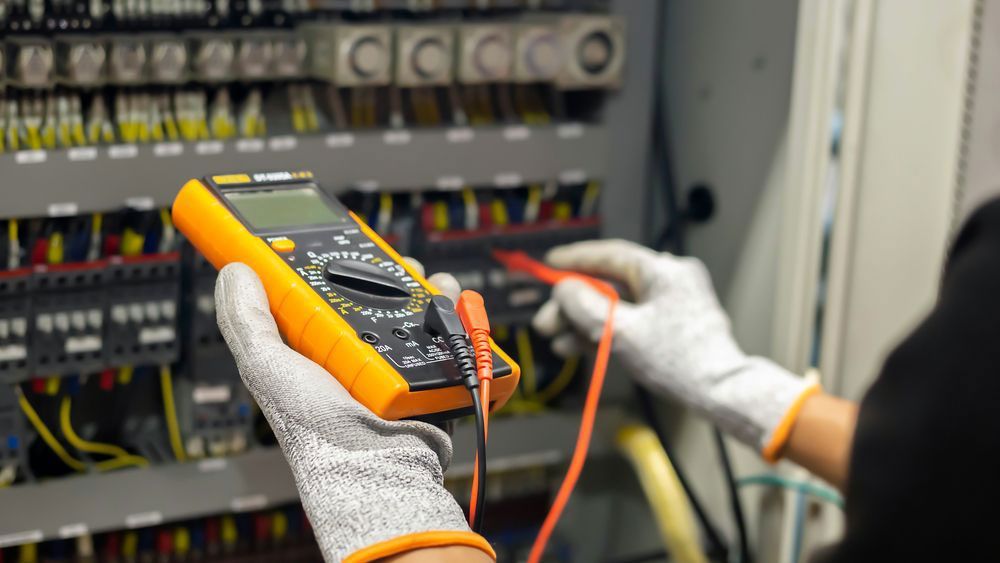10 Signs Your Air Conditioner Needs Repairs: Don’t Sweat It
Have you ever walked into your home during a scorching summer day only to be met with warm, stale air instead of refreshing coolness? If so, it might be time to pay closer attention to your air conditioning unit. Knowing the signs that indicate your air conditioner needs repairs can save you from discomfort and costly breakdowns. Here are ten signs to look out for that suggest your air conditioner may need professional attention.
On this Page:
1. Insufficient Cooling
If your air conditioner is running but not effectively cooling your home, it clearly indicates something is wrong. This could be due to a variety of issues, including low refrigerant levels or a malfunctioning compressor. Ignoring this issue can lead to higher energy bills and ongoing discomfort in your living space.
2. Unusual Noises
Your air conditioner should operate quietly. If you hear grinding, rattling or squealing noises, it’s a good idea to get it checked. These sounds can indicate loose parts, debris in the system or even a failing motor. Addressing these noises early can prevent more significant and costly repairs.
3. Frequent Cycling
If your air conditioner turns on and off frequently, it may be short cycling. This can lead to increased energy costs and wear and tear on the system. Short cycling could stem from thermostat issues or problems with the air handler. If not resolved, this can shorten the lifespan of your unit significantly.
4. Bad Odours
Unpleasant smells coming from your air conditioning unit can indicate mould or mildew growth within the system, which can pose health risks. Additionally, burning smells may suggest electrical issues that need immediate attention. Taking action quickly can protect both your health and the integrity of your AC unit.
5. High Humidity Levels
Air conditioning units not only cool the air but also remove humidity. If your home feels more humid than usual, your AC may not be functioning properly. This can lead to discomfort and the potential for mould growth. Managing humidity is crucial for maintaining a healthy living environment.
Puddles of water around your air conditioner are a red flag. This could indicate a blocked drain line, a broken condensate pump or low refrigerant levels, all of which require professional repair. Addressing water leaks promptly can prevent water damage and mould growth in your home.
If your energy bills have surged unexpectedly without an increase in usage, your air conditioner may be working overtime due to inefficiencies. This could be a sign that it’s time for repairs or maintenance.
If your thermostat is malfunctioning, it can affect your air conditioner's ability to cool your home. Inconsistent temperatures or difficulty setting the desired temperature are indications that your thermostat may need to be checked or replaced.
Most air conditioning units last around 10 to 15 years. If your unit is approaching this age and showing signs of wear, consider repairs or even a replacement to avoid breakdowns during peak seasons. Regular maintenance can extend the life of your unit and improve performance.
If you notice more dust accumulating in your home than usual, your air conditioning system may not be filtering the air properly. This could be due to clogged filters or ductwork, requiring professional cleaning and maintenance.
Schedule Your AC Repair Today!
If you experience any of these issues, don’t hesitate to seek professional assistance. An experienced air conditioning electrician can diagnose and address problems effectively.
At
Premium Electrical Solutions, we provide AC repairs and maintenance to keep your system running efficiently. Our team is ready to help you with your air conditioner in Bundaberg.
Contact us today to schedule a service and ensure your air conditioning unit is ready to beat the heat!
ADDRESS
OPERATING HOURS
- Monday
- -
- Tuesday
- -
- Wednesday
- -
- Thursday
- -
- Friday
- -
- Saturday
- Appointment Only
- Sunday
- Appointment Only
Public Holidays: Appointment Only
PHONE
License
ABN: 67 656 507 961
Electrical Contract License 89245
Arctic Approval License L179053





